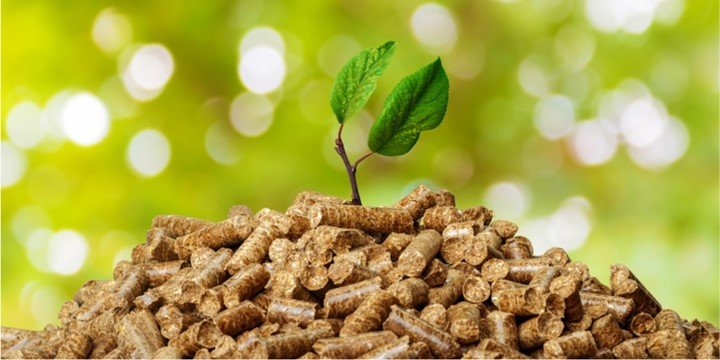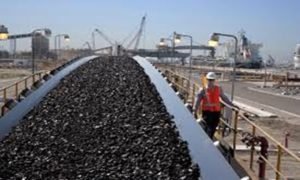Image source: ecclesiastical.com
Biomass is an organic matter from the plants and animals [microorganism]. Plants store energy from the sunlight through the Photosynthesis process.
Animals get this energy through eating of the plants, waste such as crops, manure, and garbage. They’re indeed excellent sources of biomass. Fuel Biomass aid in the production of methane gas, biodiesel, and other biofuels.
It has a wide array of uses including producing heat directly or to generate electricity with a steam turbine.
PROS:
1. Reduce dependency on fossil fuels; it replaces other fuel resources. In fact, it replaces fossil fuel resources by utilizing natural materials to deliver power. There is also less interest in power created by non-renewable assets like coal and gas.
2. Renewable; Biomass energy is a renewable resource. The principal about biomass energy is that it creates power by utilizing renewable assets. These assets include wood waste, tree build-up, handled wood pellets, and urban waste. In short, biomass utilizes the leftovers materials
3. It is carbon Neutral; Biomass does not produce carbon. The distinction between using biomass fuel rather than coal gas is that; the carbon released is already part of nature and plants rely on it for growth.
4. Biomass is widely available; organic waste is in the form of dead leaves, grass, and trees. Animal waste is also available in abundance and can be used to produce biomass energy. Therefore, it is widely available all over the world.
5. Biomass is available in different forms; Biomass can be used to create different products from different forms of organic matter. It produces methane gas, biodiesel, as well as other biofuels.
6. Helps to reduce waste. Biomass production requires a huge amount of solid waste and as a result, it contributes to waste management. For instance, the use of biodegradable waste recyclable along with dangerous toxic waste.
7. Cost-effective; Compared to coal, energy harnessed from biomass is inexpensive. Typically, it cost about 1/3 less than fossils fuels doing the same job.
8. Produces carbon dioxide. Burning of Biomass fuel releases Carbon dioxide into the environment. Later on, Plants take in the carbon dioxide produced.
9. Creates space. The use of waste materials reduces waste disposal thus creating more space for everything else.
10. It is easy to produce. Biomass is very easy to construct and thus it requires fewer materials to produce biomass.
CONS:
1. Not totally clean when burned; the biggest contention on biomass as clean energy is the amount of pollution created. Therefore, burning wood and other natural materials result in a lot of pollution. In fact, the amount of pollution produced is similar to that of coal and other types of energy resources.
2. Can lead to deforestation; wood is a major source of biomass energy. To produce a considerable amount of power, you need to burn a large amount of wood and other waste products thus leading to deforestation.
3. In-efficient Biodiesel; products like ethanol produced by the Biomass is relatively inefficient as compared to gasoline.
4. Somehow expensive; Extraction of Biomasses can be very expensive. In some areas, biomass project maybe not be worth the price and is therefore never finished.
5. It requires space; Require big space to house different processes for harnessing energy from Biomass. A better space for mixing materials is needed in order to complete the processes and get excellent results.
6. No agricultural wastes. If agricultural waste is not available, the basic crop will no longer be grown. After completion of the Biomass process, some agricultural materials may not be available for further use.
7. Additional work; Additional work is needed in the areas such as harvesting method collecting the materials all together where some are also needed to be cut into pieces so that they can fit well in the place at which the process is to be done
8. The land may be in demand for other uses; land used for energy crops may be in demand for other purposes such as farming conservation, housing resort or agricultural use
9. Limited wastes. Some of the Biomass conversion projects are from animal waste which is relatively small. The limited waste resources will, therefore, lead to production of limited Biomass gas.
10. Research needed. The production process requires a lot of research in terms of the required materials and processes in order to reduce the cost of production of Biomass-based fuels.



